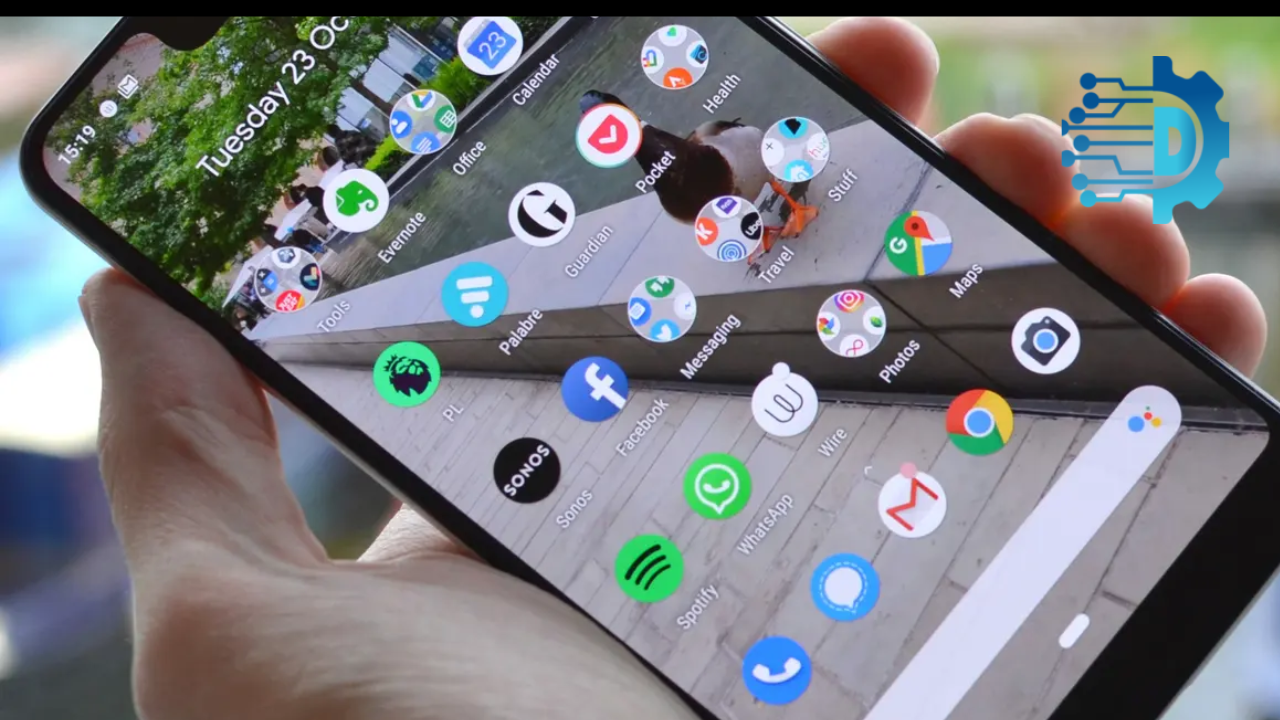In the ever-evolving digital communication landscape, the lexicon of internet slang continues to expand, often leaving users needing clarification about specific terms and abbreviations. One such term that has garnered attention, especially among users of the popular social media platform Wizz, is “NFS.” This article aims to demystify what NFS means in the context of Wizz, exploring its origins, usage, and implications in online interactions.
Understanding the Basics: NFS in the World of Internet Slang
Before delving into the specific context of Wizz, it is crucial to understand the broader application of NFS in internet slang. NFS, an acronym for “Not For Sure,” has been a part of online and text messaging jargon for several years. It is commonly used to express uncertainty or to indicate that the speaker is only partially confident about the information being shared. However, like many slang terms, NFS can take on different meanings based on the platform and the community using it.
NFS on Wizz: A Unique Connotation
Wizz, a social networking app designed primarily for teenagers and young adults, offers a platform for users to connect with new friends and engage in conversations through direct messages and public threads. In the context of Wizz, NFS has evolved to carry a unique connotation. Here, NFS often stands for “Not For Sharing.” This variation reflects the culture and norms of Wizz’s user base, where privacy and discretion are highly valued. When a user tags a message or a piece of content with NFS, it is generally understood as a request or a warning that the information is private and should not be shared or discussed outside the current conversation.
The Cultural Impact of NFS on Online Communication
The usage of NFS, particularly on platforms like Wizz, underscores the growing awareness and concern among internet users, especially younger ones, about privacy and information sharing. In an age where digital footprints are pervasive and often permanent, slang terms like NFS become tools for users to navigate the complexities of online interactions. Users create boundaries by marking conversations as NFS, fostering a sense of safety and control over their digital presence. This trend reflects a broader shift in online communication, where the emphasis on open sharing is increasingly balanced with the need for privacy and discretion.
Implications for Digital Etiquette and User Interaction
The emergence of terms like NFS in digital communication also raises questions about digital etiquette and user interaction norms. Understanding these unspoken rules can be challenging for new users or those unfamiliar with the specific jargon of a platform like Wizztake time and effort. It highlights the importance of being attuned to the evolving language of digital spaces and respecting the boundaries they signify. For instance, disregarding an NFS tag might breach platform etiquette and damage trust and relationships within the online community.
Embracing the Evolving Language of Digital Communication
In conclusion, NFS on Wizz, standing predominantly for “Not For Sharing,” is more than just a piece of internet slang. It represents the dynamic nature of online communication, the growing emphasis on privacy, and the continual evolution of digital etiquette. As digital platforms evolve and new slang emerges, users must stay informed and adaptable. Understanding and respecting terms like NFS can lead to more meaningful and secure interactions in the digital realm, ultimately enhancing our online experiences.
The Role of NFS in Fostering Online Privacy
The use of NFS on Wizz clearly indicates the growing consciousness among users, particularly younger generations, about maintaining privacy online. In a digital era where oversharing is common, NFS acts as a boundary-setting tool, enabling users to mark certain information as private. This function is crucial in a landscape where digital footprints are hard to erase and can have long-lasting implications. The NFS tag empowers users to have a say in how their information is circulated, fostering a safer online environment where personal boundaries are respected.
NFS and Its Impact on Social Media Dynamics
NFS on Wizz is more than a simple abbreviation; it reflects the evolving dynamics of social media interactions. In an environment where virality and the spread of information can be instantaneous, NFS serves as a reminder of the importance of consent in information sharing. This term subtly influences how users interact with each other, encouraging a culture of mindfulness and respect. As users navigate their social media experiences, understanding and adhering to such community-driven norms becomes integral to harmonious digital coexistence.
Challenges in Interpreting NFS Across Different Platforms
While NFS has a specific meaning on Wizz, its interpretation can vary across different platforms. This variation challenges users who engage with multiple social media networks. What is understood as “Not For Sharing” on Wizz might hold a different meaning elsewhere, leading to potential misunderstandings. This highlights the importance of context in digital communication and the need for users to know the nuances of internet slang specific to each platform they use.
Educating New Users About NFS and Digital Etiquette
For new users on Wizz, understanding the significance of NFS is crucial to integrating into the platform’s community. More experienced users and the venue need to guide newcomers in understanding this and other related terms. This education is about teaching the meaning of slang and instilling a sense of digital etiquette and responsibility. By doing so, platforms can ensure a safer and more respectful environment for all users.
The Psychological Aspect of NFS in Online Interactions
The use of NFS also has psychological implications. It gives users control over their personal information and the content they share. In a virtual world where power can often feel elusive, tools like NFS help users assert their boundaries and preferences. This aspect of digital communication is essential for building trust and comfort, making online interactions more fulfilling and less anxiety-inducing, especially for younger users who are still navigating the complexities of digital life.
Looking Forward: The Evolution of Digital Slang and User Behavior
As digital platforms continue to evolve, so will the language and behaviors of their users. Terms like NFS may adapt or be replaced by new slang, reflecting changes in user priorities and digital landscapes. Keeping abreast of these changes is crucial for users and platform developers, as it influences how digital spaces are moderated and experienced. Understanding and adapting to these evolving terms is not just about staying relevant; it’s about creating a digital environment that is respectful, secure, and enjoyable for all users.
Also Read The Following : What Does NFS Mean on Wizz









Leave a Reply